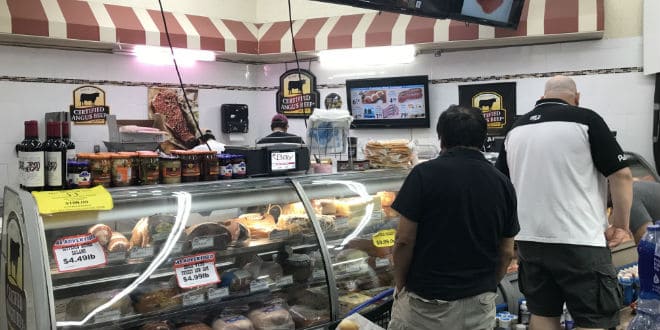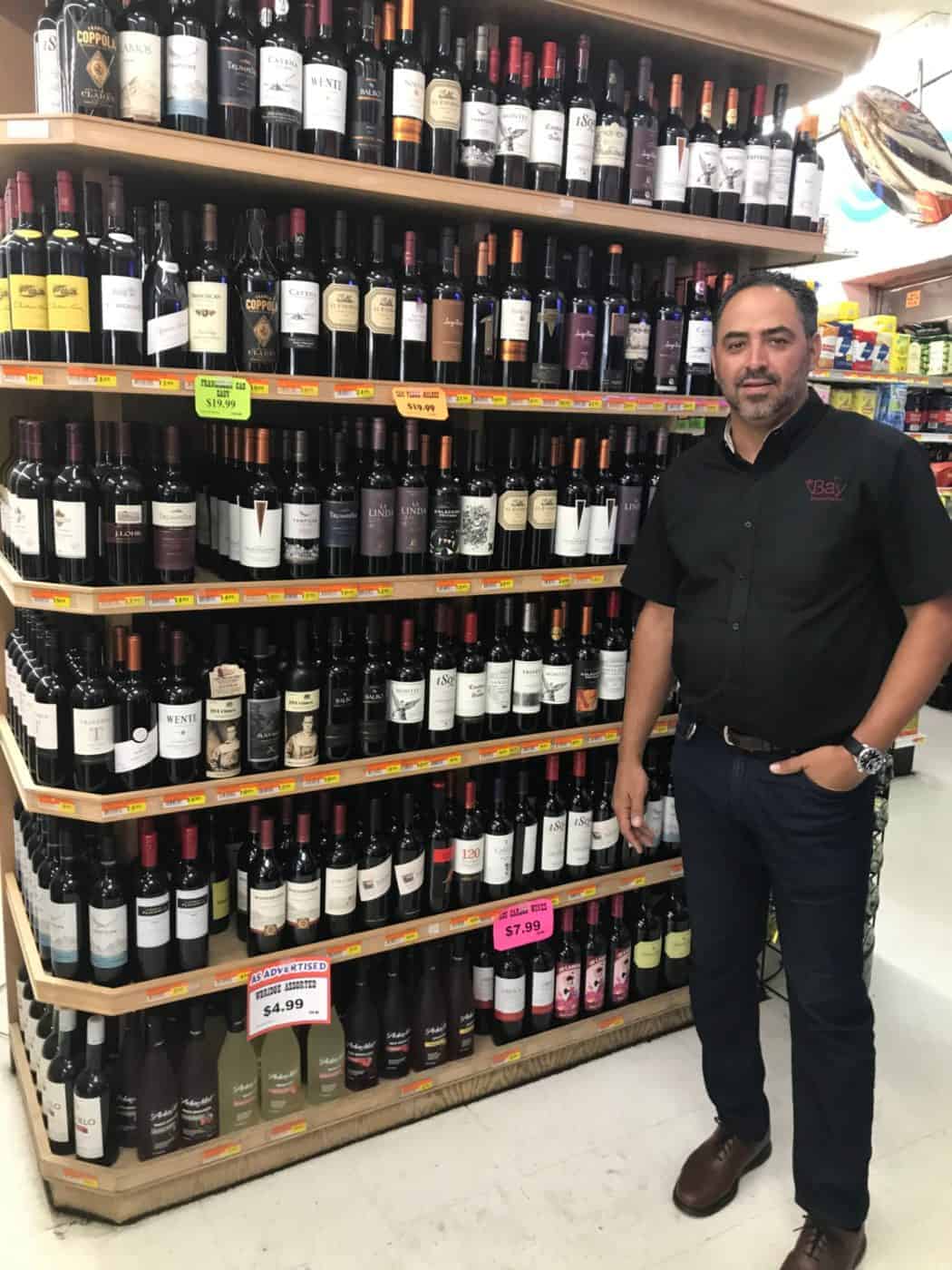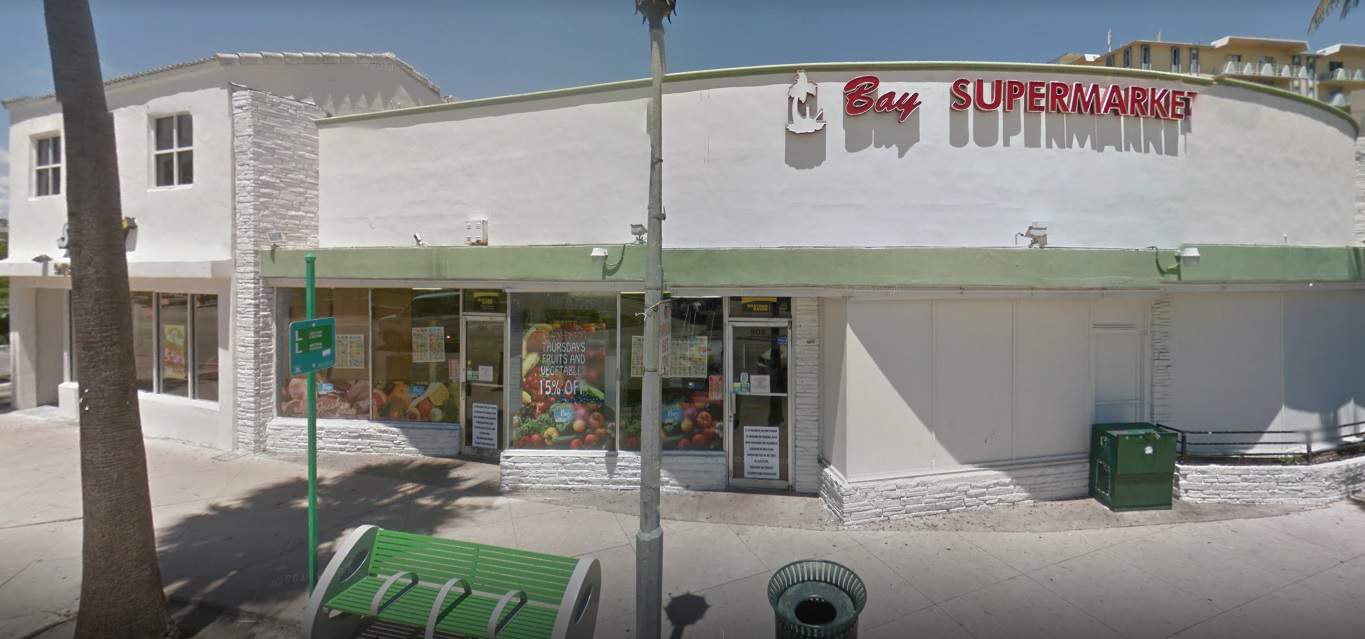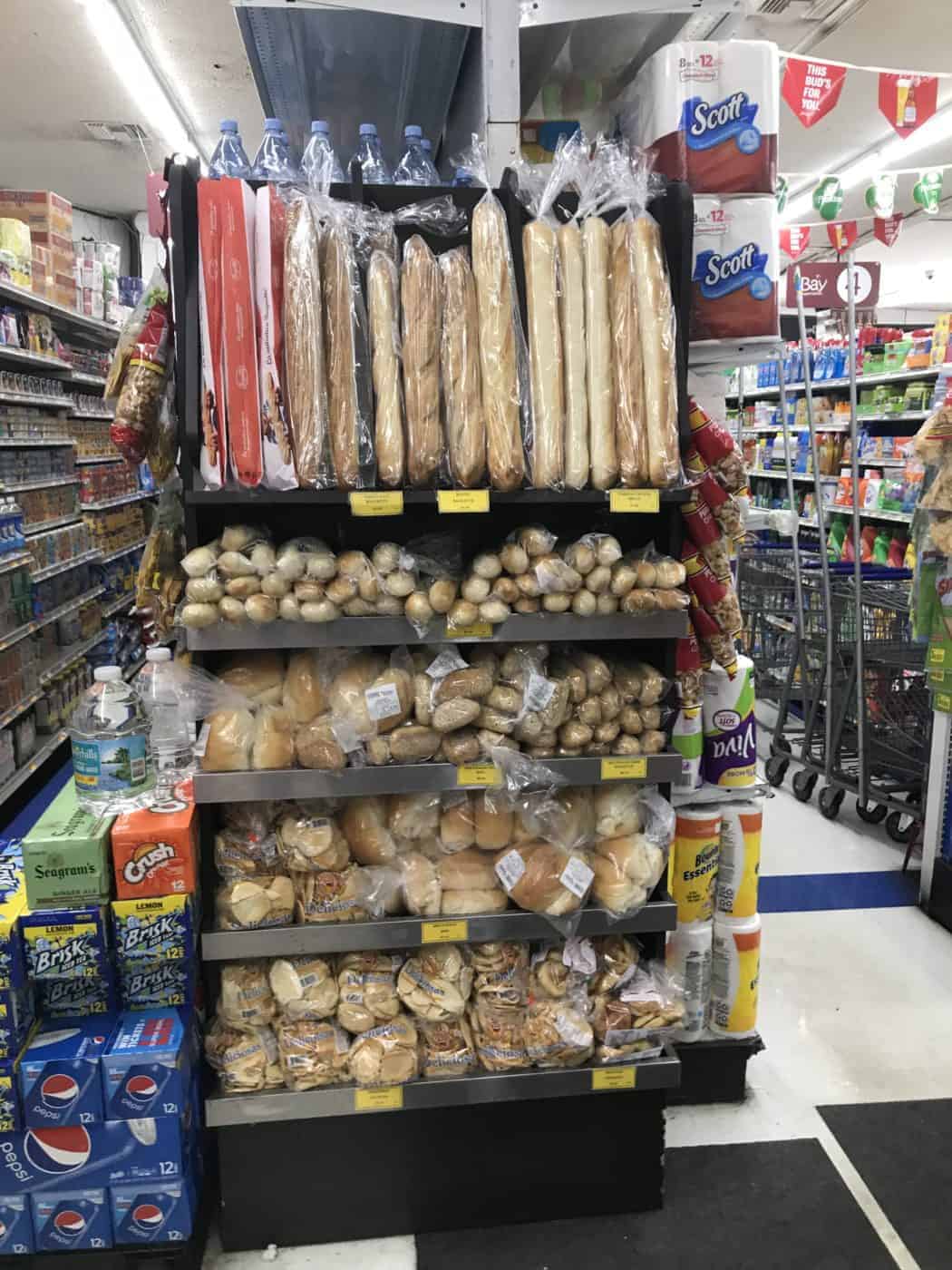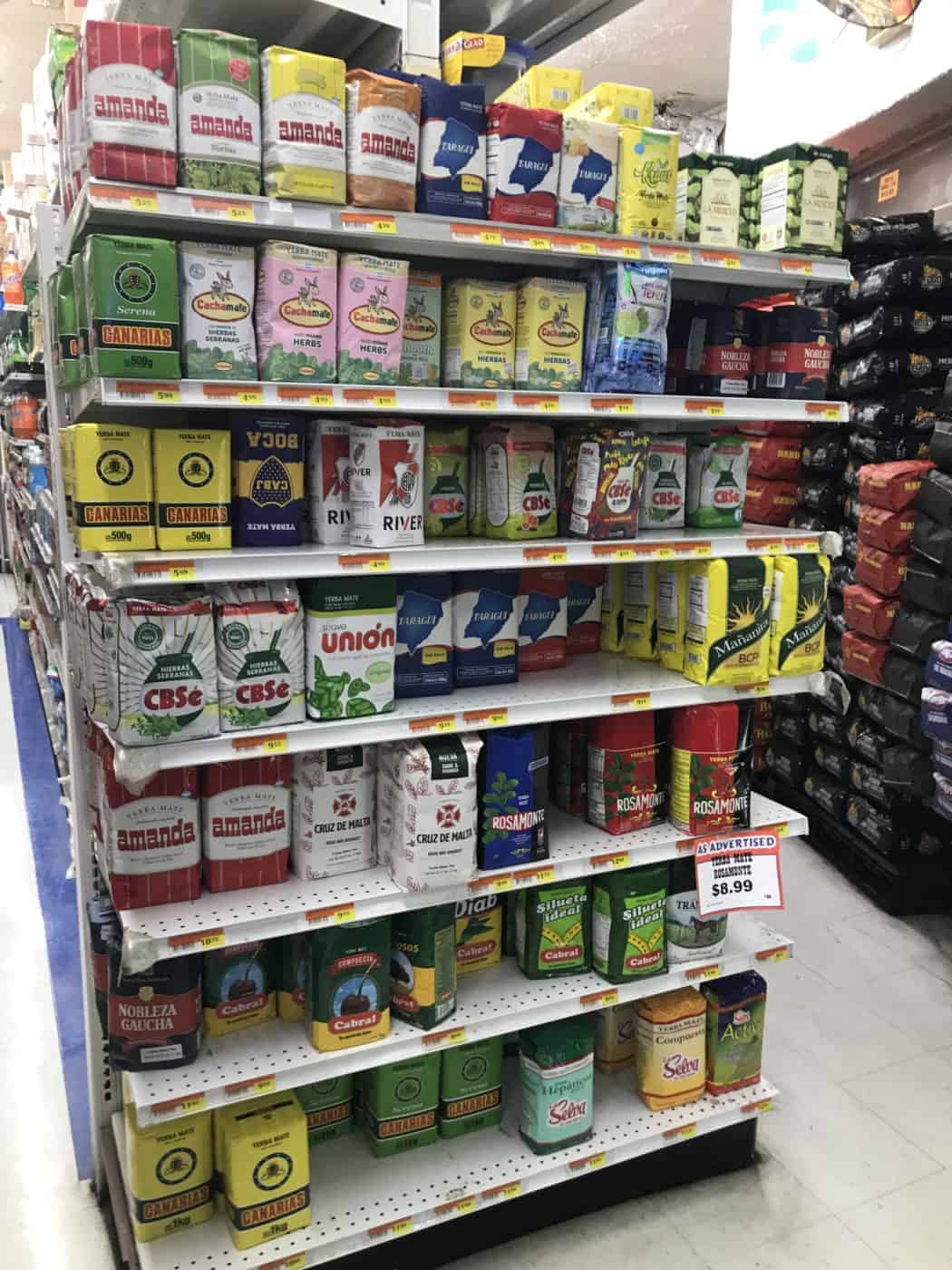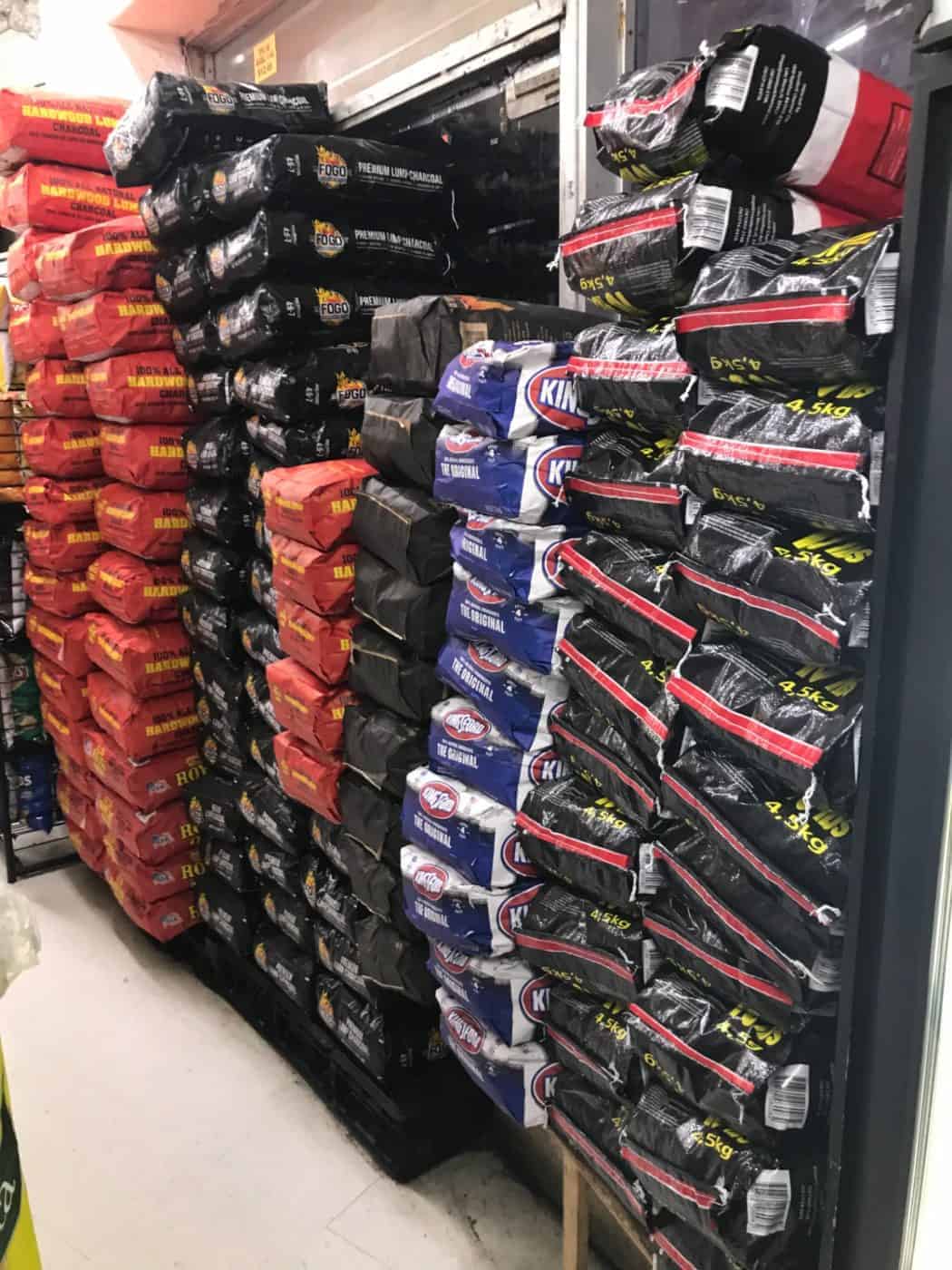From time to time, the leaders of modern retail, Walmart, Target, Kroger, Publix, etc., would do well to observe how small retailers (independent supermarkets) engage consumers generating high levels of satisfaction, frequency of purchase and loyalty. Surely the big players of retail are targeting small stores now more than ever, as we have entered the era of hyperlocal marketing.
The results of many independents who manage to create a close link with their neighborhood are very clear. They not only establish an intimate relationship in their area of commercial influence but also generate a sustained growth of their business.
In order to share one of the best examples of hyperlocal retail, we went to Southeast Florida, specifically to Normandy Isle, where there is a diverse and dynamic community located in North Miami Beach. Today, this area is affectionately called “The Little Buenos Aires” due to the high density of Argentine inhabitants.
Between the beach, breeze and sea that surrounds the area, Bay Supermarket is located, an independent store owned by Francis Rodriguez, a Dominican who has been operating it for 26 years in an efficient manner.
“In 1993, when my family owned this store, it was very small in space, only 1,200 square feet and there were almost no Argentines in the area,” Rodríguez said in an interview with Abasto magazine.
He added that “the trigger that prompted the arrival of many Argentines was due to the financial crisis the South American country experienced in 2001-2002. One day, Argentine students began to arrive asking about yerba mate, and from there the growth was continuous.” (Mate is an herb that is used to prepare infusions, it is produced in Argentina, Brazil and Paraguay and has been popularized to a great extent by Argentines.)
A hyperlocal approach gives the store the ability to offer the best experience to consumers, by adapting to the specific needs of their community.
Think of it as another “P” to add to the famous “Four P’s of retail” (product, price, promotion and point of sale). That fifth P so important is the proximity: to match the correct location with the consumer to obtain immediate gratification.
When observing the increase of Argentine consumers in the area, Rodríguez has deepened in his knowledge and understanding of his tastes.
He commented that in all countries there are idiosyncrasies and differences in the accents according to the areas of the country, but all Argentines have an affinity for their special cuts of meat, they love good French bread, pasta and Malbec wine, among other products.
Related Article: Latino Millennials, attracted to supermarkets that reflect their culture
It is no secret in the neighborhood that Bay Supermarket employs a talented Argentine butcher and what sells the most are special meat cuts and chorizo steak. And in order to provide the fuel for the traditional Argentine asados, the coal section is very spacious.
Several years ago Bay Supermarket expanded to 4,200 square feet in sales space. It also includes a cafeteria where you can find fresh pastries stocked daily by a company of Argentine origin. There is a wide range of Alfajores near the cash registers.
Rodríguez added that good service at the point of sale and customer service is a high priority to ensure a positive buyer experience.
Hyperlocal retailing can go a long way, from customizing shop design, visual merchandising, marketing and of course the assortment of products, to the use of beacon technology to drive personalized offers on customers’ smartphones in a particular store.
For Francis Rodríguez and his team, Bay Supermarket acts in a hyperlocal way, ensuring that the mix of the five P’s achieve outstanding client satisfaction and hence, greater frequency of visits and loyalty. Undoubtedly it is a success story.

